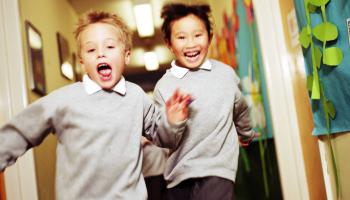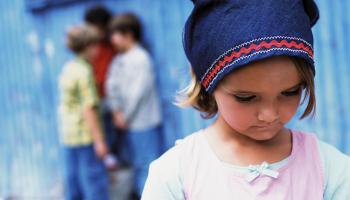
Identification and initial response to children’s exposure to intimate partner violence
Article complet
Natalia V Lewis et al. Avril 2018

Teachers as disorder-spotters: (In)decisiveness in assigning a child’s hyperactivity, impulsivity and/or inattention to ADHD as the underlying cause
Article complet
Emma Degroote et al. Juin 2021

Perceived friend support buffers against symptoms of depression in peer victimized adolescents
Article complet
Léa Perret et al. April 2021

Early childhood factors associated with peer victimization trajectories from 6 to 17 years of age
Article complet
Sînziana I. Oncioiu et al. Mai 2020